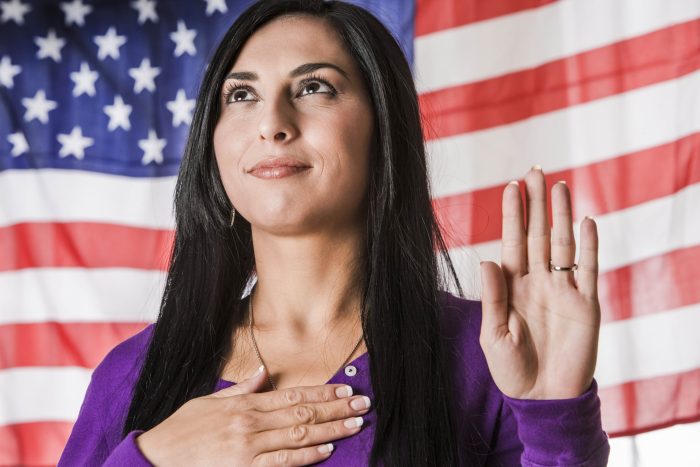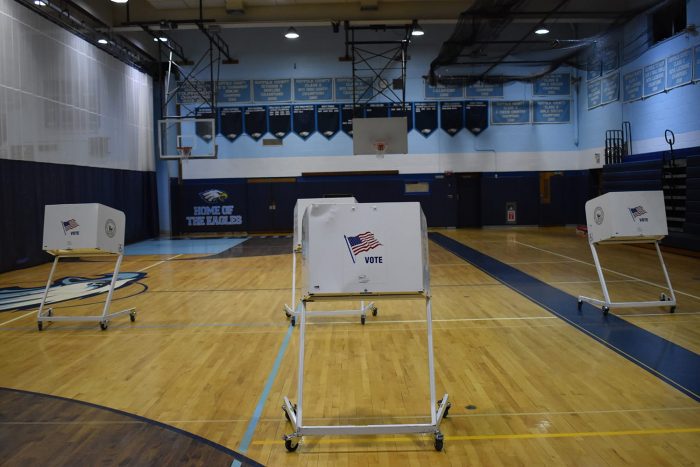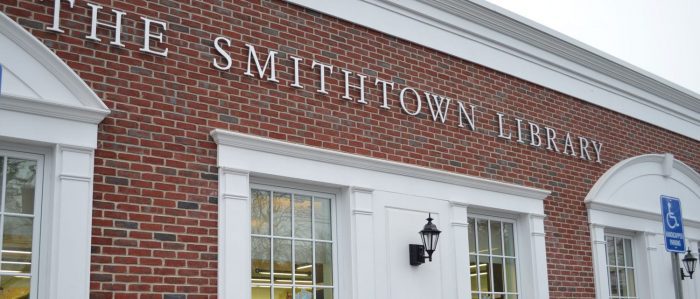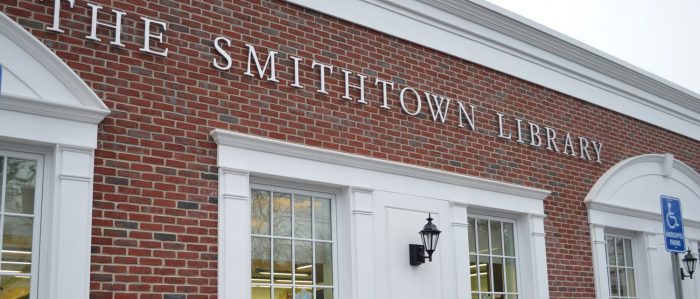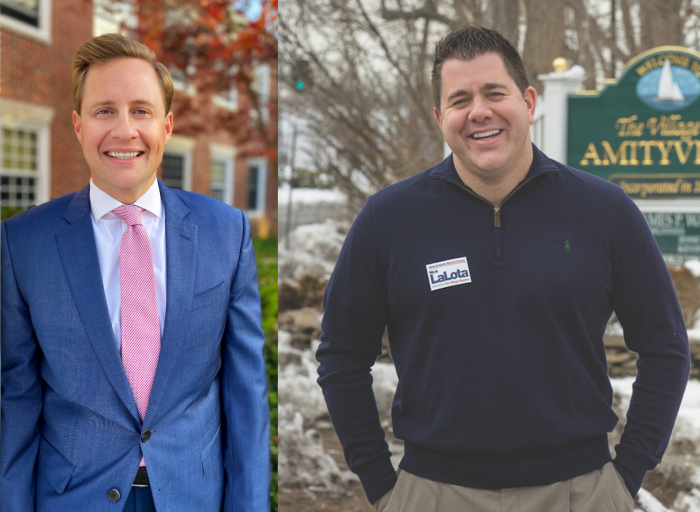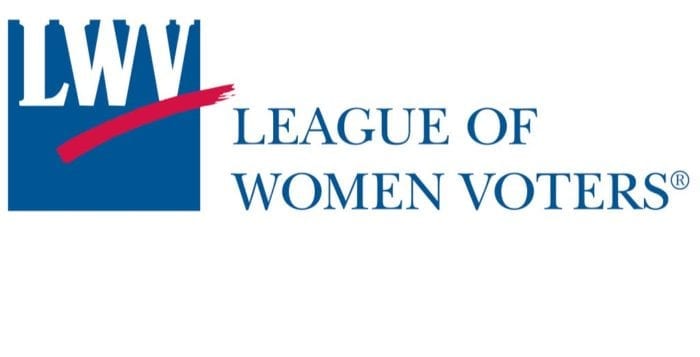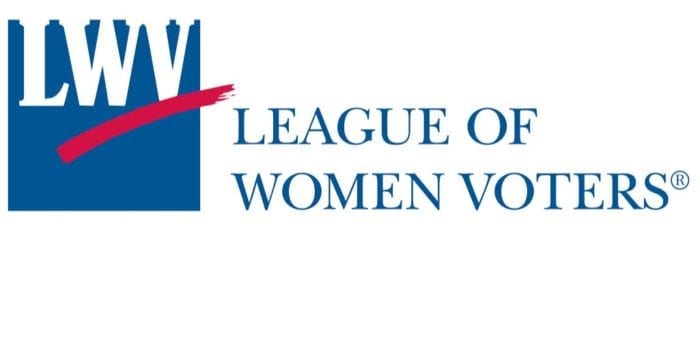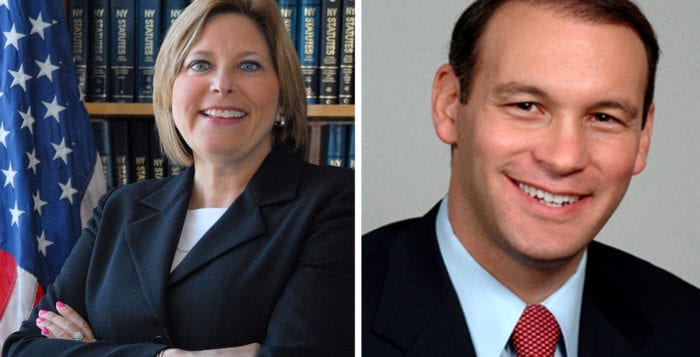By Clyanna Lightbourn
In New York State, thousands of eligible citizens are routinely denied access to the ballot—not because of a law, but because of logistical failure and oversight. These are New Yorkers held in local jails—people who have not lost their right to vote under state law but are effectively unable to exercise it. Voter suppression isn’t always loud or explicit; sometimes it happens quietly, buried in bureaucracy, process, and inaction.
Most people in jail are detained pretrial or serving time for a misdemeanor—circumstances that do not result in the loss of voting rights. As of January 2025, over 12,700 people held in New York’s jails were legally unsentenced and likely eligible to vote, yet very few are able to cast a ballot.
Barriers to voting include a lack of internet access, no access to stamps, minimal information about how to register or request an absentee ballot, and limited or no coordination between jails and Boards of Elections. A 2023 League of Women Voters report found that one-third of counties in New York State either have no jail voter access program or couldn’t describe how it worked. These gaps result in ballots not being cast—not because of disinterest, but because of institutional neglect.
In other institutional settings—like nursing homes and veterans’ hospitals—Boards of Elections conduct in-person visits to help residents register and vote. But even those programs vary widely. When it comes to jails, the disparity is sharper.
Despite similar absentee voting eligibility, New York State has no consistent jail-based voter access program, unlike what is required in nursing homes under Election Law § 8-407. There are no regular ombudsmen, no uniform voter education, and no state-enforced protocols for voter registration or ballot return. Examples of jail staff coordinating with election officials to deliver and return absentee ballots are rare and highlight the need for uniformity, not ad-hoc goodwill. That’s not how democracy should work.
The Democracy During Detention Act (S440/A2121) provides a bipartisan, commonsense solution. Sponsored by New York State Senator Zellnor Myrie and New York State Assemblymember Latrice Walker, and backed by dozens of legislative co-sponsors, the bill would ensure that every eligible voter held in a local jail has a fair and equal path to the ballot.
The legislation requires county Boards of Elections to provide at least one method of jail-based voting access—either through in-person absentee ballot collection visits, or by establishing on-site polling places for early voting. These programs would be governed by formal coordination between local election and corrections officials, much like those already in place for nursing homes and hospitals. The bill also guarantees privacy, ensures language access, and affirms voting rights under the New York Voting Rights Act.
This isn’t about changing who can vote. It’s about making sure everyone who is already eligible can actually cast a ballot—because voting rights mean nothing without real-world access.
Civic participation also has broader benefits. Research shows that individuals who vote after incarceration are less likely to be rearrested, and more likely to successfully reintegrate. Engagement builds public safety. Exclusion undermines it.
New York has made progress—restoring voting rights to people on parole, expanding early voting—but we’ve left a glaring gap in our jail system. And that gap has a racial and economic edge: in 2021, 78% of New York’s pretrial jail population was Black or Latinx.
The Democracy During Detention Act is more than a policy update—it’s a test of our values. It draws a clear line in the sand: Do we believe in equal access to democracy, or do we allow systemic neglect to continue disenfranchising thousands of our fellow New Yorkers? This is a moment for lawmakers—and for all of us—to decide what kind of democracy we’re building.
If we believe in a democracy that includes everyone—not just the well-connected or the free—then we must ensure that the right to vote is more than a promise on paper. The Democracy During Detention Act draws a clear line: either we uphold access to the ballot for every eligible New Yorker, or we allow silence and neglect to continue disenfranchising thousands.
This is our moment to choose. Call your lawmakers. Speak out in your community. Join the growing coalition demanding action. Because in a true democracy, no one should lose their voice just because they lost their freedom.
Clyanna Lightbourn is Campaign Director, Democracy During Detention Act for LWVNY. For more information or sources contact [email protected]


